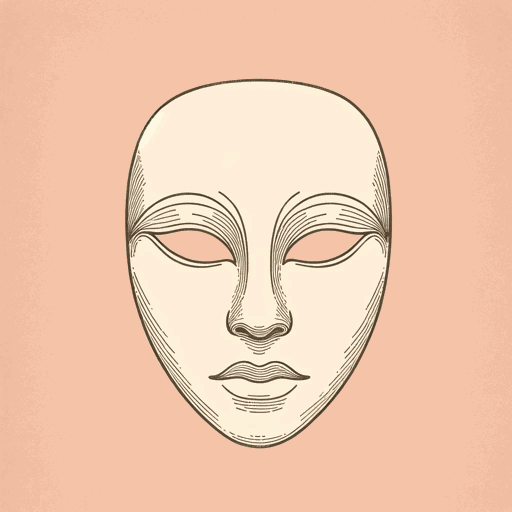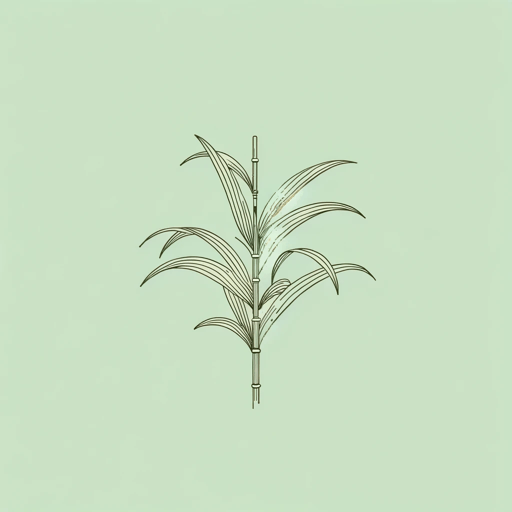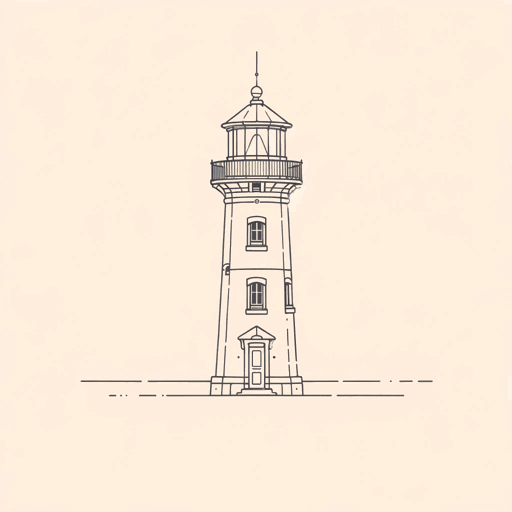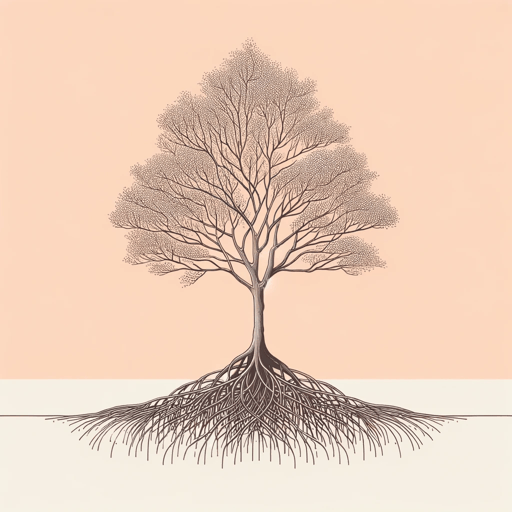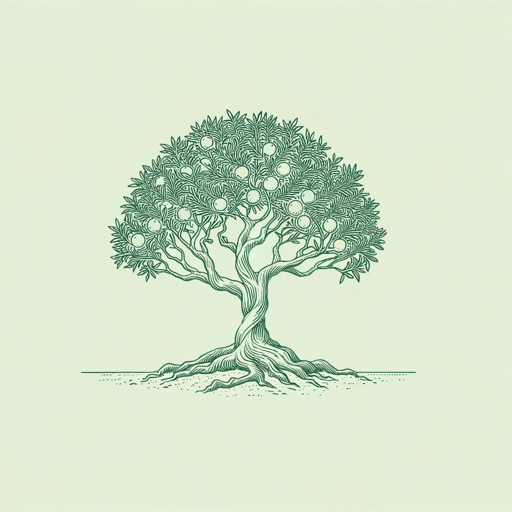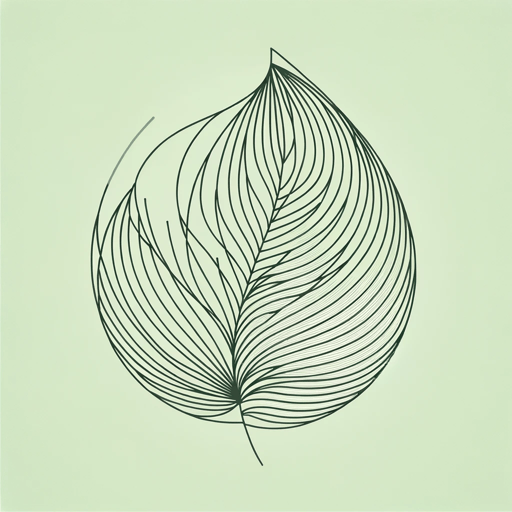Afro-Caribbean Literature
In this study guide collection, you'll find insightful analysis of some of the most prominent voices of Afro-Caribbean Literature, including Aimé Césaire from Martinique and Edwidge Danticat from Haiti. Read on to learn how common themes such as identity, exile, and the cultural and political consequences of colonialism play out differently in each narrative.
Abeng (1984) is a fictionalized semi-autobiographical novel by Jamaican-American author Michelle Cliff (1946-2016). Born in Kingston, Cliff spent most of her life in the US where she taught at several prestigious colleges and universities. Abeng, the first of Cliff’s three novels, is a subversive history of Jamaica, as well as a coming-of-age story of bi-racial girl Clare Savage. Through her efforts to understand her surroundings and her own place in the world, Clare gradually uncovers... Read Abeng Summary
A Small Place by Jamaica Kincaid is a work of creative nonfiction originally published in 1988. Kincaid shares memories of her home country, Antigua, both while it was under colonial rule and self-governance. She illustrates how life has and hasn’t changed for Antiguan citizens because of government corruption, the legacies of slavery, and the preoccupation with tourism over public welfare. Though the book won no awards, Kincaid has won a plethora of awards for her... Read A Small Place Summary
Une Tempête, or A Tempest, is Aimé Césaire’s modern adaptation of William Shakespeare’s The Tempest. The play was first published in French in 1969 by Éditions de Seuil (Paris). A Tempest was performed in France, as well as in different countries in Africa and the Middle East and in the West Indies. Richard Miller translated the play into English in 1985, and the play premiered in America in 1991, at the Ubu Repertory Theater in... Read A Tempest Summary
Marlon James’s Black Leopard, Red Wolf (2019) is a dark fantasy novel. It’s the first title in his Dark Star Trilogy, and a fusion of conventional epic storytelling, oral tradition, and creative folklore. A finalist for the National Book Award for Fiction, as well as one of Washington Post’s Top Ten Books of 2019, this novel had its film rights purchased only weeks after publication.Plot SummaryAn interrogation frames the story: Tracker, a mercenary, recounts his... Read Black Leopard, Red Wolf Summary
Frantz Fanon's Black Skin, White Masks is a psychological study of colonialism. According to Fanon, the encounter between white European colonizers and black slaves and their descendants creates a unique social and psychological situation with a characteristic set of psychopathologies. Black Skin, White Masks analyzes these psychopathologies, traces their roots in the colonial encounter, and suggests how healing might become possible.Fanon works within a broadly existentialist and phenomenological framework, his project is psychoanalytic, and he... Read Black Skin, White Masks Summary
Breath, Eyes, Memory is a novel by Haitian American author Edwidge Danticat, first published in 1994. The book is semi-autobiographical: like the protagonist, 12-year-old Sophie Caco, Danticat herself was born in Haiti but moved to the United States at a young age. She has since written several novels and short stories about Haiti, immigration, and the complex ways that one’s identity is formed by where they are from and where they now live. The novel... Read Breath, Eyes, Memory Summary
Brother I’m Dying is a family memoir by Haitian-American writer Edwidge Danticat, originally published in the United States in 2007. Alternating between the author’s past in Haiti and present in the US, this memoir combines personal histories with sociopolitical contextualization to pay homage to Danticat’s father and uncle as well as give voice to Haitian people in their struggle for a peaceful life. The book won the National Book Critics Circle Award, was a finalist... Read Brother, I'm Dying Summary
Claire of the Sea Light is a 2013 work of historical fiction by Haitian-American novelist Edwidge Danticat. The novel portrays the lives of the various inhabitants of a small town in Haiti, relaying a series of related events from several different characters’ perspectives. This guide is based on the 2013 Random House e-book version of Claire of the Sea Light.Plot Summary The novel begins on Claire Limyè Lanmè Faustin’s seventh birthday. That morning, a fisherman... Read Claire of the Sea Light Summary
In Maryse Conde’s Crossing the Mangrove, a village on the Caribbean island of Guadeloupe convenes at the funeral of a mystery man named Francis Sancher, whose short visit to the village left deep bonds and scars between the locals. The novel is the portrait of a place through the eyes of these locals who remain; though mysterious in plot, it is not a traditional mystery in that many stones remain unturned at the end of... Read Crossing the Mangrove Summary
Discourse on Colonialism is an essay written originally in French by Aimé Césaire and published in 1950. This seminal work by Césaire opens with a thesis that Europe currently suffers from two problems. The first problem is the state of the proletariat and colonialism and the second is its moral hypocrisy. Throughout the essay, Césaire elaborates on this thesis by identifying the proletariat as the colonized laborer and the bourgeois as the European academic, scholar... Read Discourse on Colonialism Summary
Jamaica Kincaid’s “Girl” was first published on June 26, 1978 in The New Yorker and was later included in Kincaid’s debut 1983 short story collection, At the Bottom of the River. According to Kincaid, her works, including “Girl,” can be considered autobiographical. Kincaid grew up on the Caribbean island of Antigua and had a strained relationship with her mother before Kincaid moved to New York City. These same cultural and familial contexts are present in... Read Girl Summary
Hurricane Child is a middle-grade debut novel by Kacen Callender. The realistic fantasy and coming-of-age book was published in March 2018 by Scholastic Press and received the Stonewall Book Award and the Lambda Literary Award in 2019. (While the author’s name on the cover is Kheryn, they are trans and prefer to be called Kacen.) Callender was born in St. Thomas, US Virgin Islands, where Hurricane Child is set. Kacen is a queer Black writer... Read Hurricane Child Summary
Part I relates the story of Tituba from her birth to her arrival in Salem. Part II begins with the witch trials and ends with Tituba’s execution in Barbados in the 1700s. The Epilogue, narrated by Tituba’s spirit, brings the story from the century of her death to that of the present-day reader. Following the Epilogue are two sections that Condé included in the original French publication: a Historical Note on the Salem witch trials... Read I, Tituba: Black Witch of Salem Summary
No Telephone to Heaven is the critically-acclaimed 1987 sequel to Michelle Cliff’s first novel, Abeng. This novel continues the semi-autobiographical story of Cliff’s Jamaican-American heroine, Clare Savage. Clare—just as Cliff—was born in Jamaica, moved to New York, and pursued university studies in London.The novel opens with Clare traveling across the Jamaican countryside with a revolutionary resistance group. The group members have settled on farmland formerly owned by Clare’s grandmother. They use this land to grow food... Read No Telephone to Heaven Summary
The Black Atlantic: Modernity and Double Consciousness, published in 1993 by Harvard University Press, combines historical, social, political, and cultural dimensions to reconceptualize the contours of Western modernity. Paul Gilroy, noted sociologist and cultural historian, proposes that modernity can be better understood through the analytical frame of the Black Atlantic, a transnational, intercultural, fractal structure of Black political and expressive cultures in the West. Reflections of experiences of modernity by early Black Atlantic intellectuals and... Read The Black Atlantic Summary
First published in 1938, C.L.R. James’s The Black Jacobins: Toussaint L’Ouverture and the San Domingo Revolution examines the Haitian Revolution of 1791 to 1804, with emphasis on the role of slave-turned-commander Toussaint L’Ouverture. As a historical treatise, the book aims to unfold the inner workings of the Revolution, with the socialist views of the author, a Trinidadian historian, framing the analysis. Readers have come to recognize The Black Jacobins as not only a crucial exploration... Read The Black Jacobins Summary
Published in 2016, Nicola Yoon’s The Sun Is Also a Star is a young-adult novel and National Book Award Finalist. Told from multiple character perspectives, the novel tells the story of the romance that transpires over one day between two young people, Natasha Katherine Kingsley and Daniel Jae Ho Bae, and the impact they have on the people around them. Natasha and Daniel come from different racial, ethnic, and cultural backgrounds. Natasha is an undocumented... Read The Sun Is Also a Star Summary
Wretched of the Earth (1961) is a nonfiction book by Frantz Fanon, a French West Indian psychiatrist and philosopher. Together with such texts as Edward Said’s Orientalism (1978), Gayatri Spivak’s “Can the Subaltern Speak?” (1988), and Homi Bhabha’s The Location of Culture (1994), The Wretched of the Earth is a founding text of modern postcolonial studies. It is also Frantz Fanon’s most internationally acclaimed book, translated into more than 25 languages.Written at the height of... Read The Wretched of the Earth Summary





